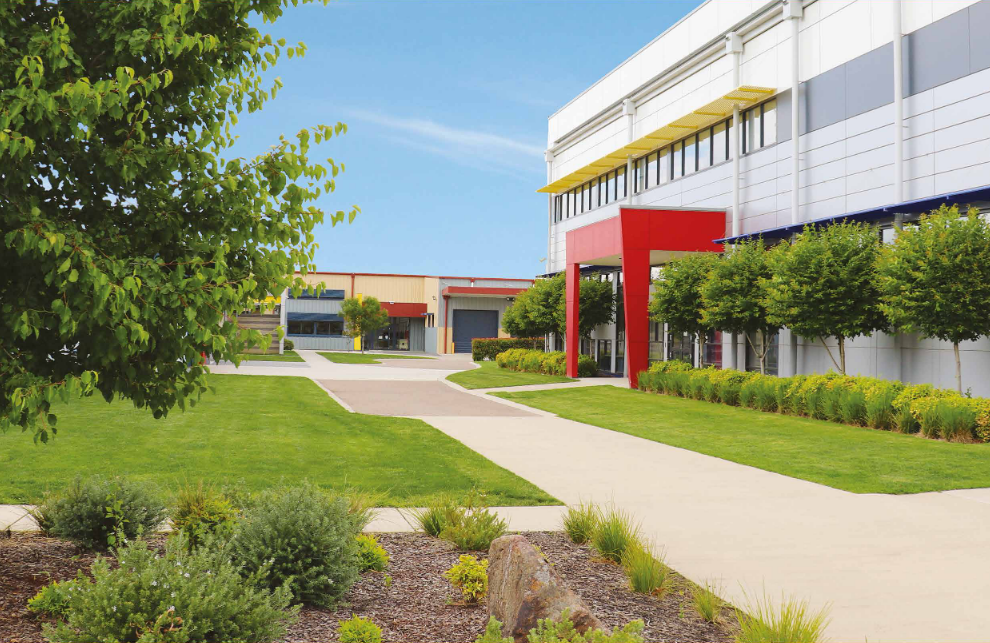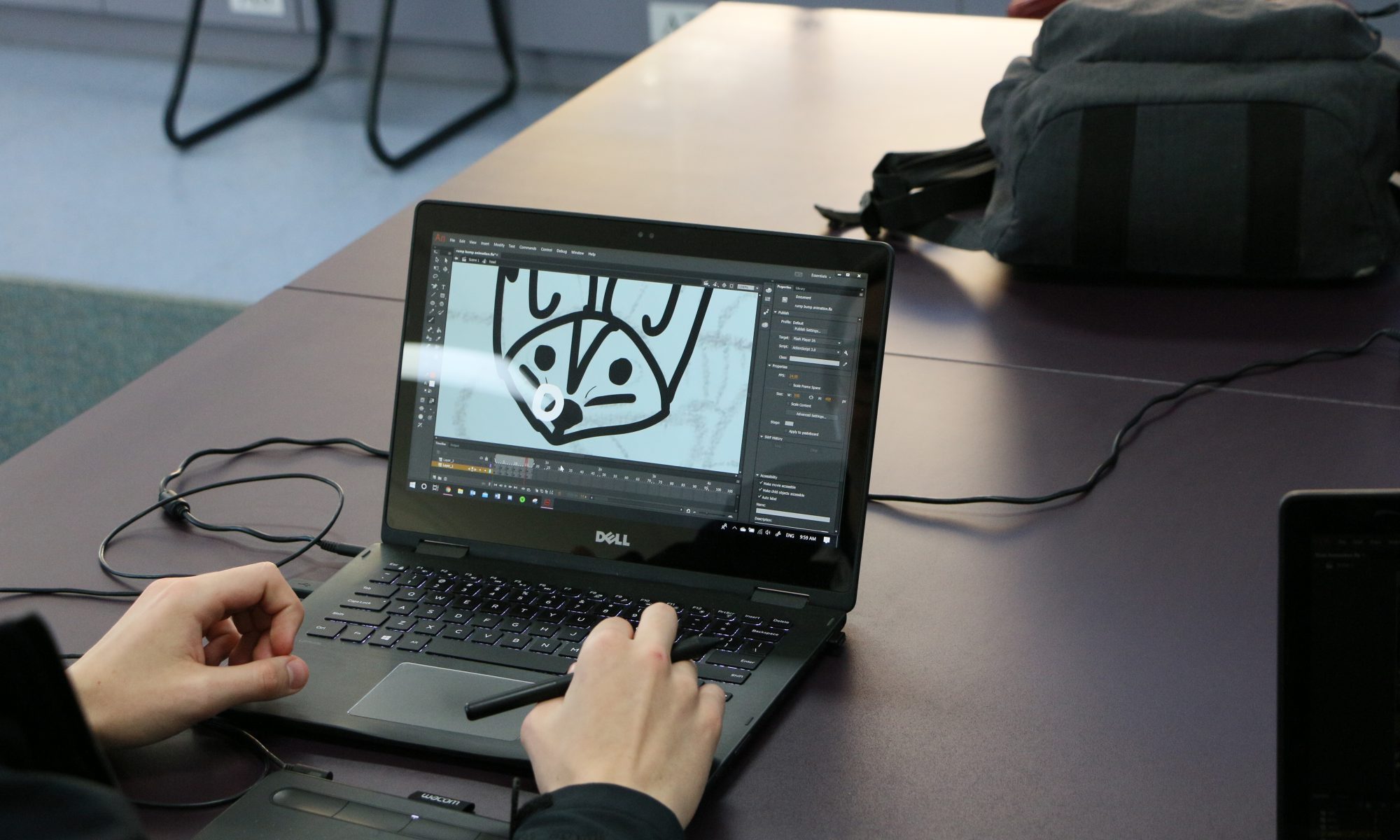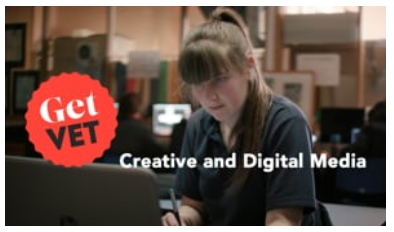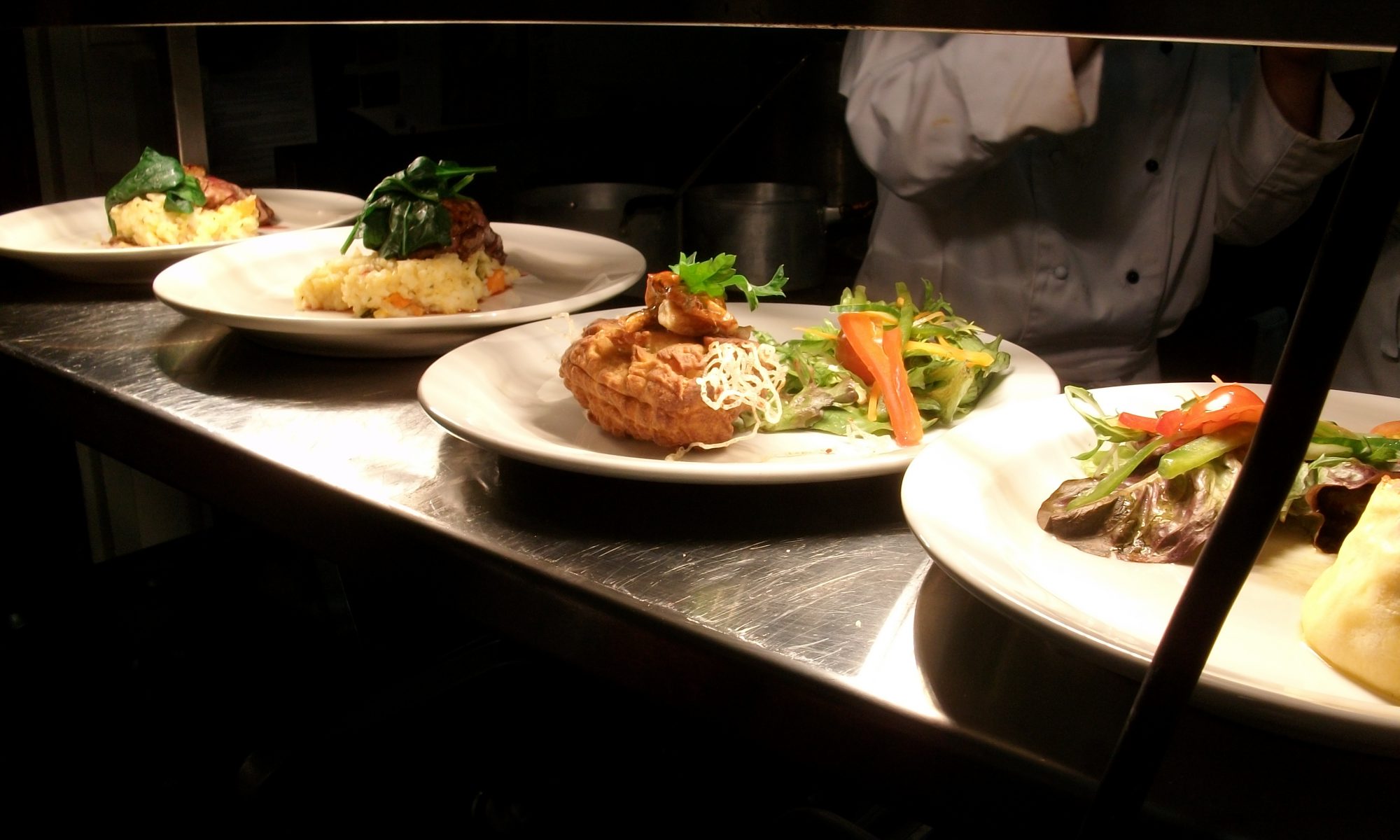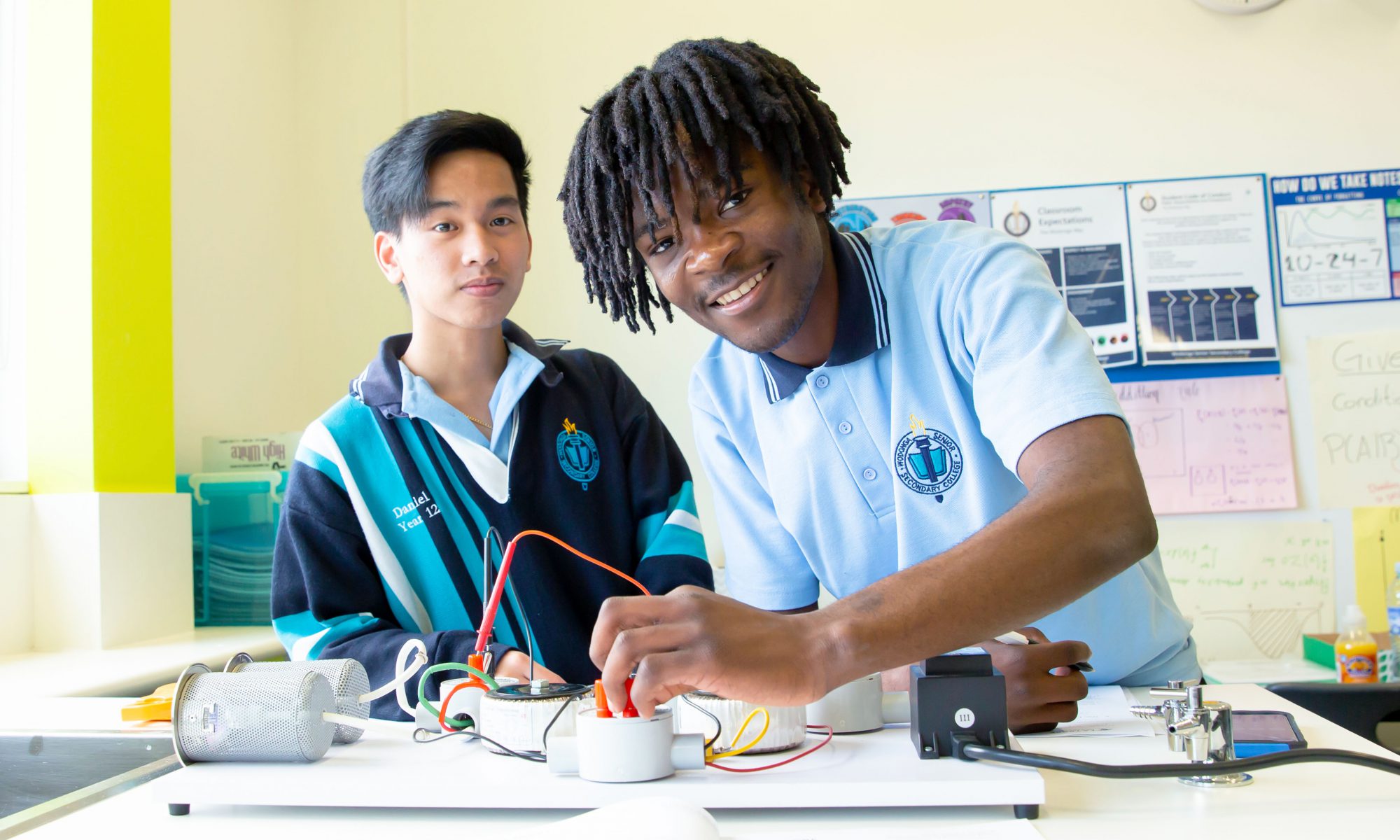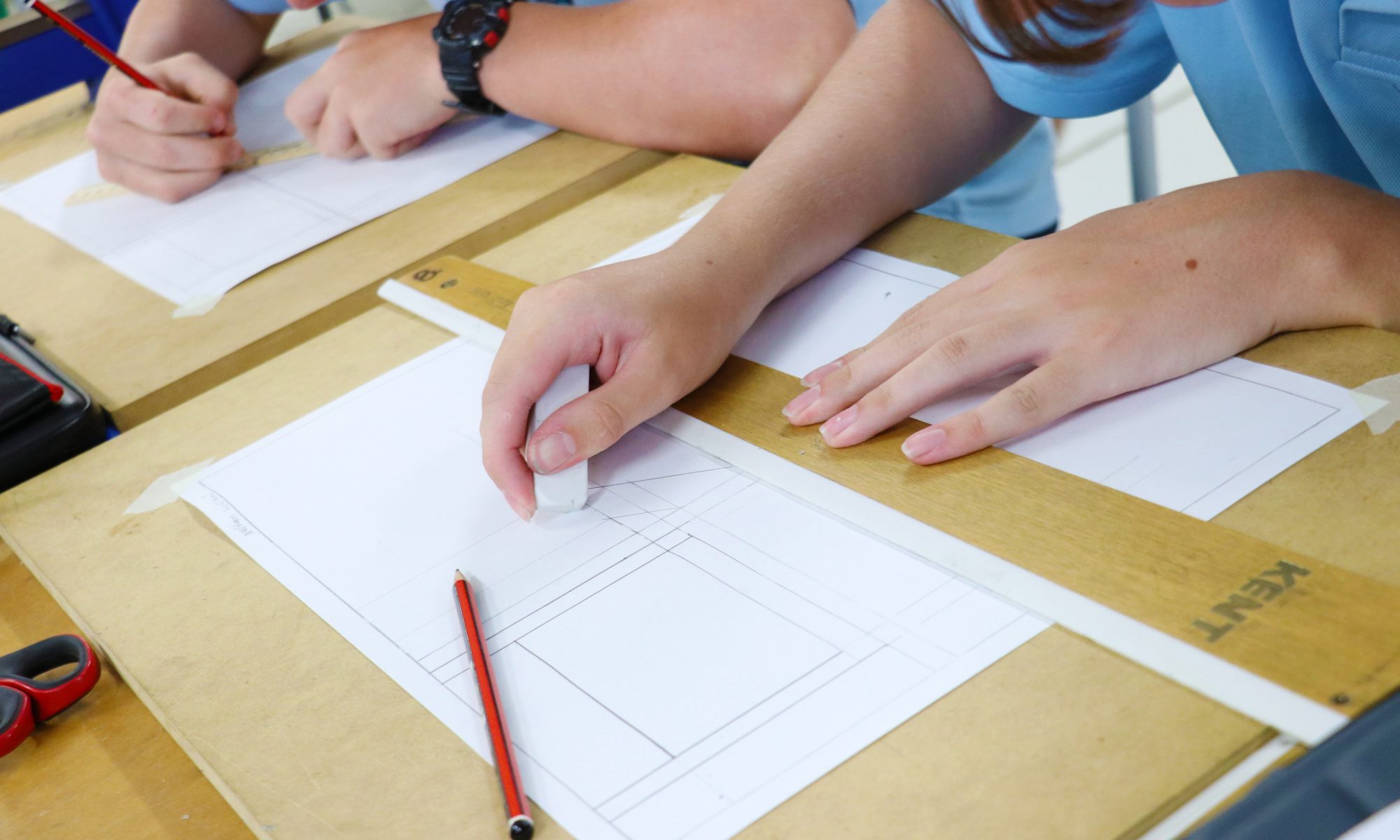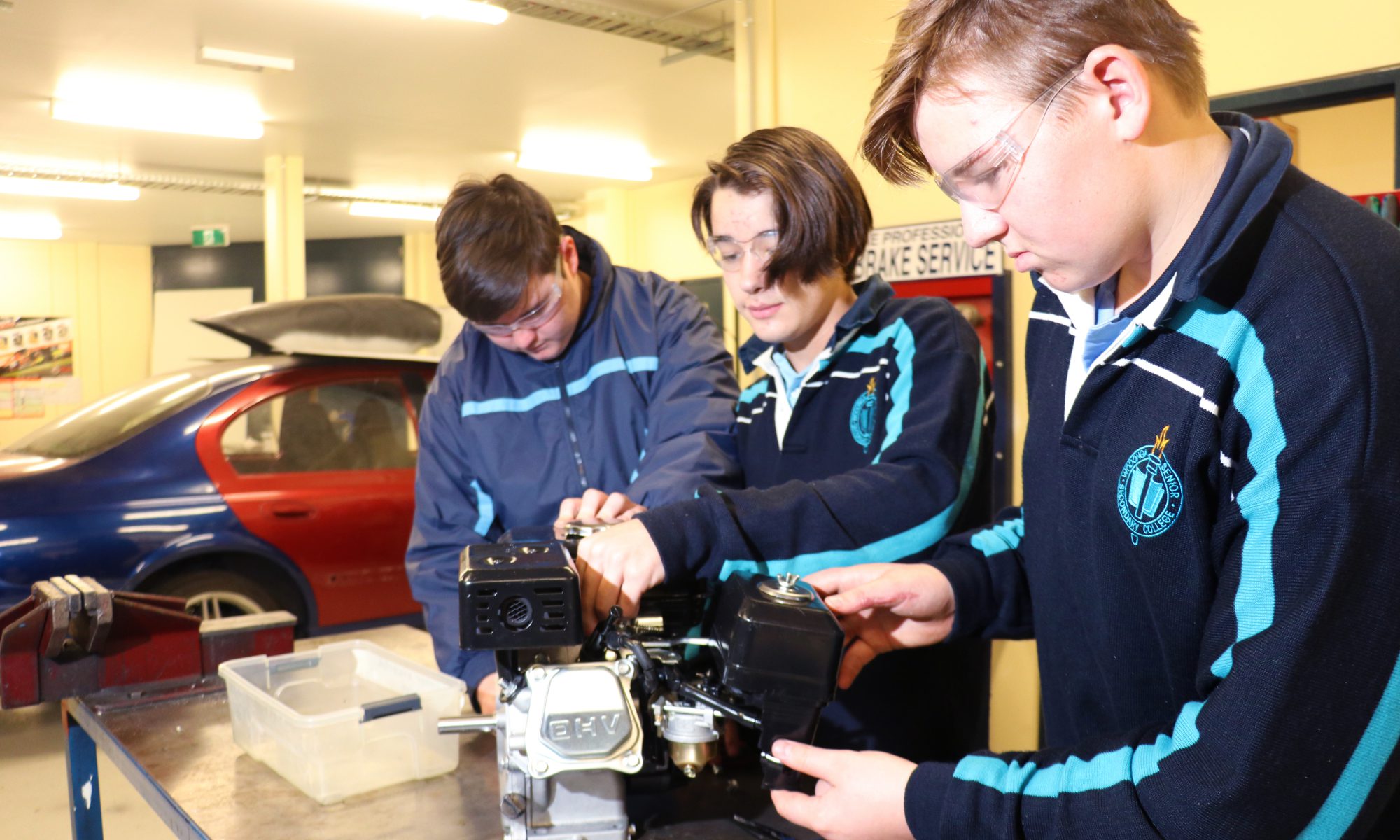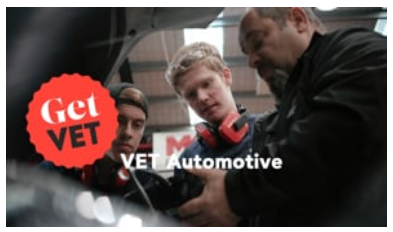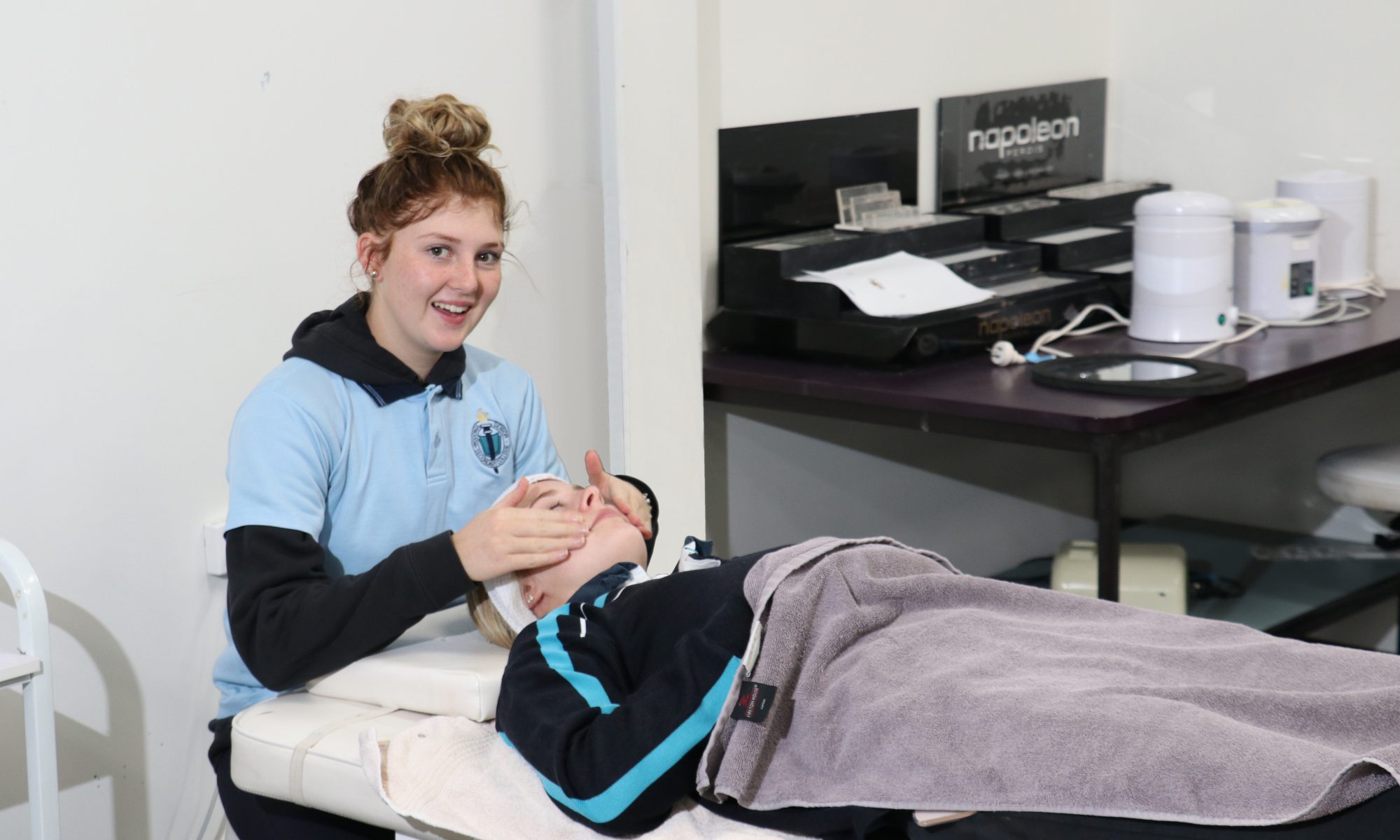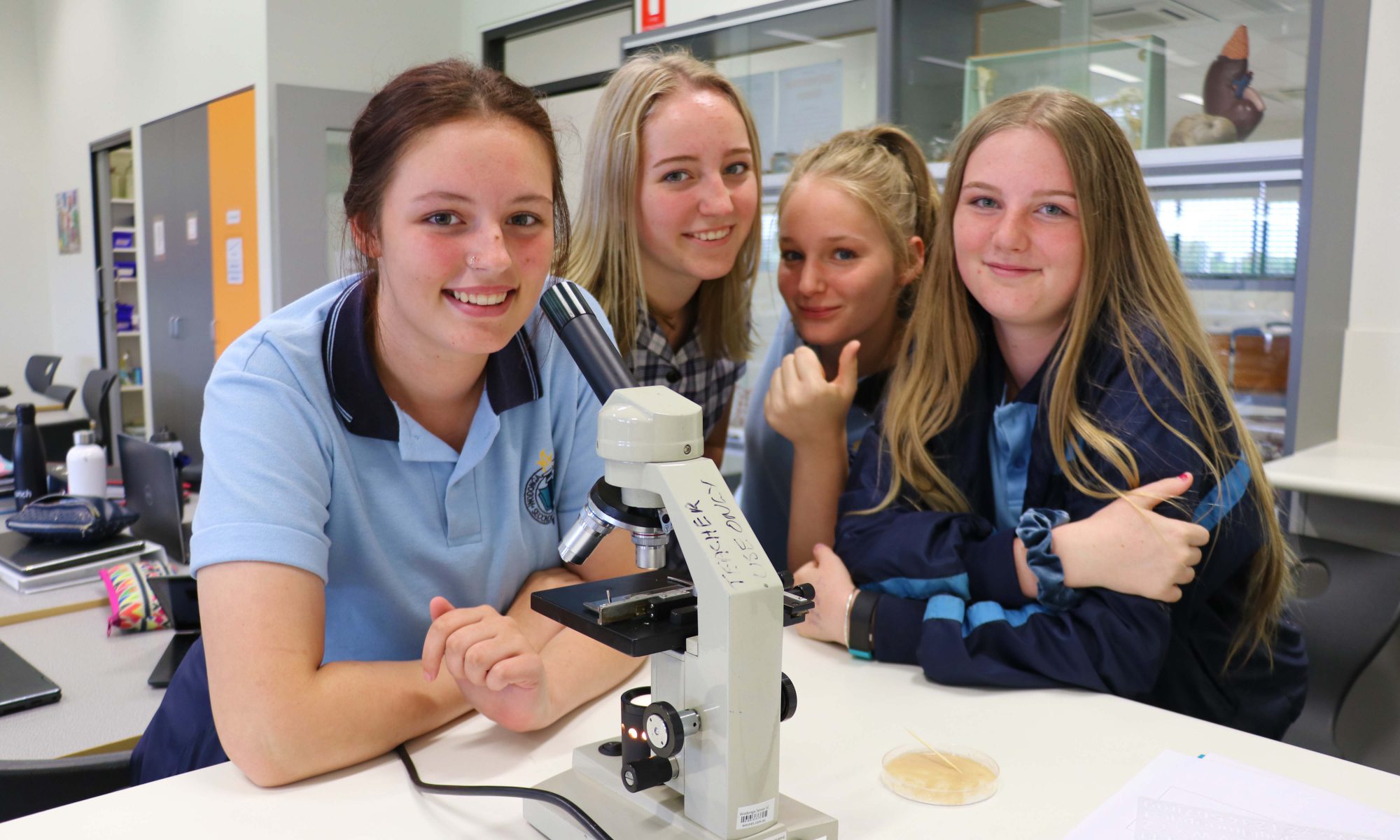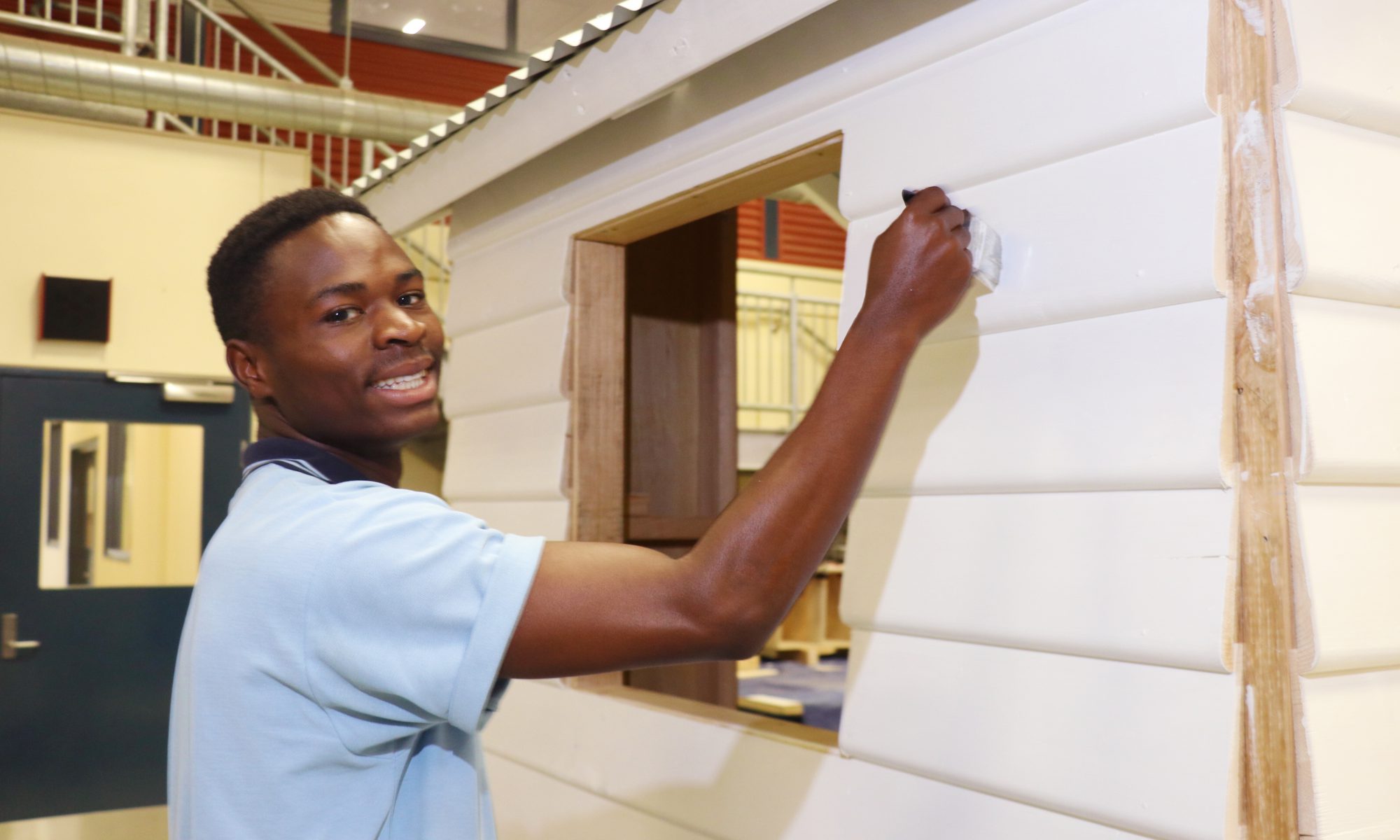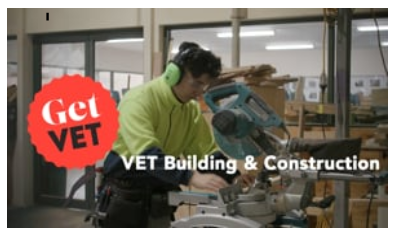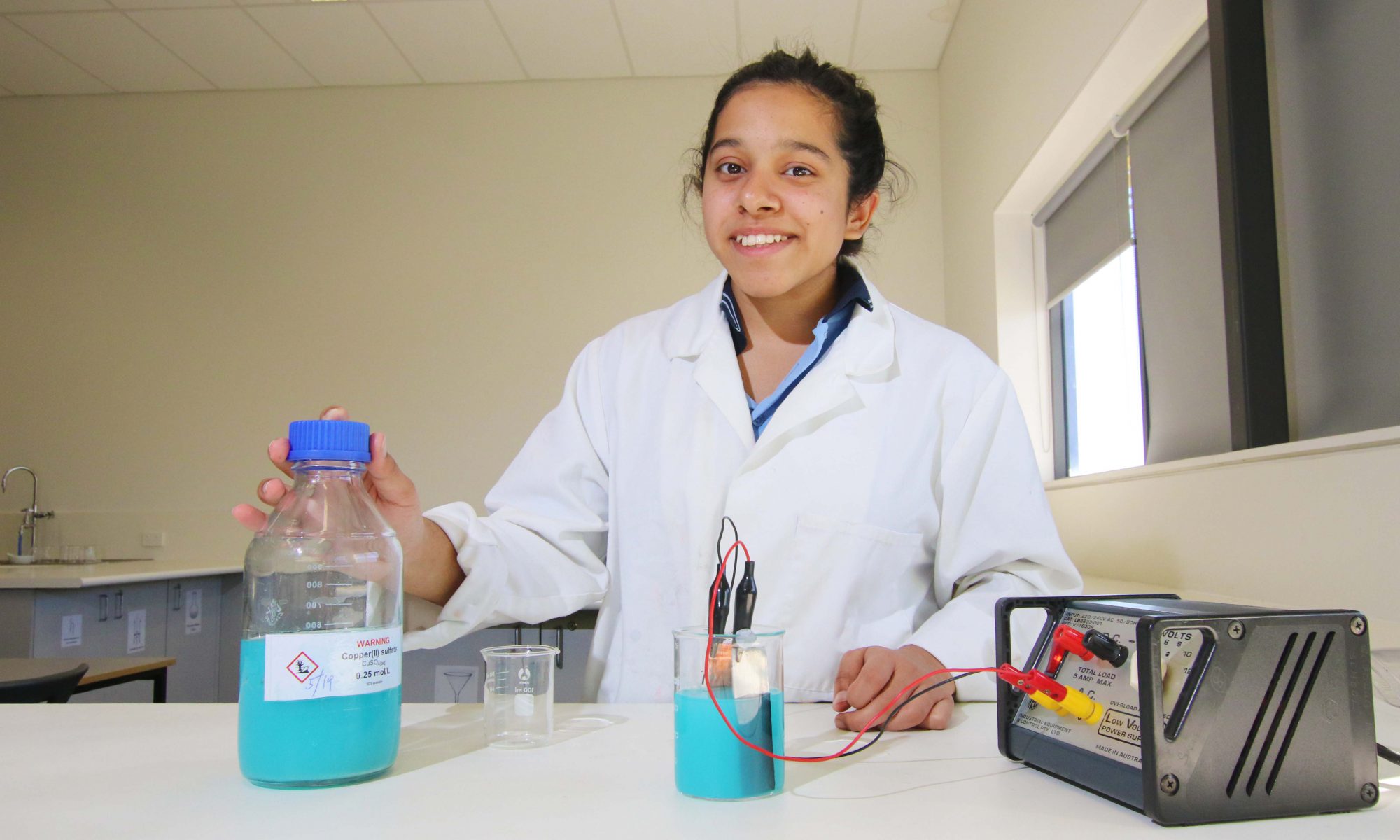VCE VET Creative & Digital Media
Course Summary
Are you interested in 3D modelling and game design? VET Creative & Digital Media will teach you how to develop 3D environments, characters and animation for interactive games. Game art development is an exciting and dynamic entertainment medium that is quickly being adapted into traditional areas such as architecture, product design and filmmaking and emerging technologies such as VR and AR. This course teaches best practices for a creative and iterative pipeline with the importance of developing quality 3D artwork for games. You will work with real-time game engines to showcase your creativity and build your technical knowledge in order to maximise your artwork within a fun and engaging game environment.
VCE: Unit 1, Unit 2 and Unit 3 & 4 sequence available
ATAR Contribution: Unit 3 & 4 students complete scored assessments and an exam to attain a Study Score that contributes to an ATAR
VET: CUA31020 Certificate III in Screen & Media
Learning Activities & Assessment
- Creating animated game characters
- Creating interactive environments
- Learn about Concept art, 3D modelling, texturing, animation, Lighting and grayboxing
This program is run as part of an Auspicing arrangement with The Academy of Interactive Entertainment Ltd, a Registered Training Organisation. TIOD: 88021
Classroom Virtual Tour
Quick Links
Approximate Costs
Unit 1 & 2
N/A
Unit 3 & 4
N/A
Learning Area Contact
Technology Learning Area Leader
